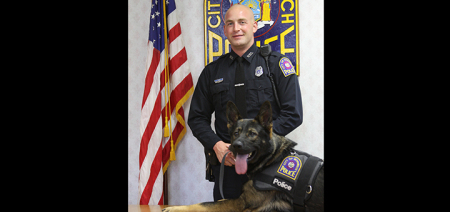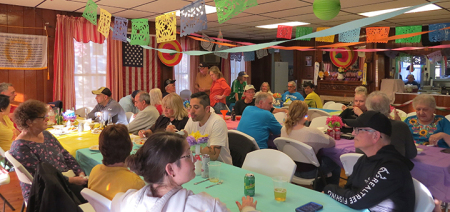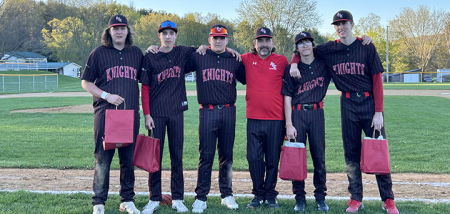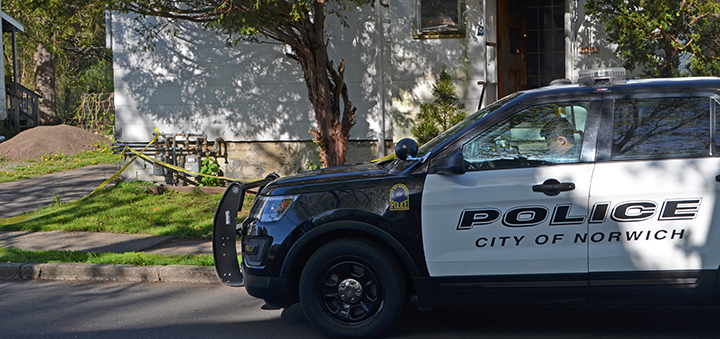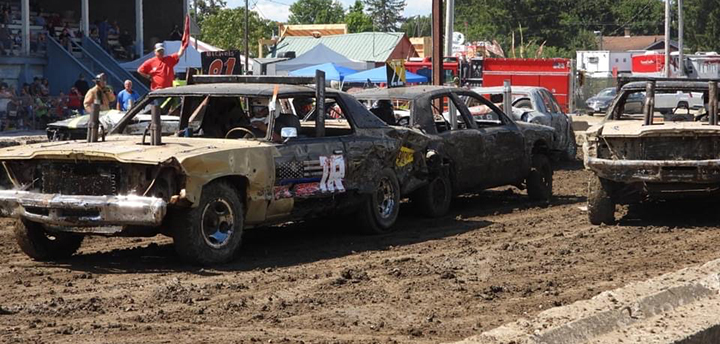Tilting At Windmills: The Case Of The Moral Dilemma
Published:
February 25th, 2022
By:
Shelly Reuben
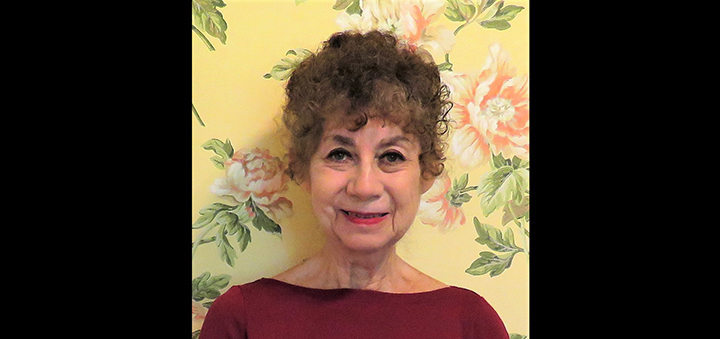 Columnist Shelly Reuben
Columnist Shelly Reuben
We were still very new to the business of investigating fires when Charlie woke up one morning with an ethical dilemma. His eyes popped open, and he exclaimed, “I just realized that even though I can read the fire from right to left, it makes just as much sense to read it from left to right.”
Oh, my!
Here is how this Rude Awakening came about.
We had been contacted by an attorney representing General Motors – I’ll call him Roy Grimaldi – and we were very excited to have G.M. as a client. The call was about a fire Upstate New York near the Canadian border. It was too far away for me to drive there with Charlie, and since the claim was so small, even the attorney stayed home. The fire had occurred three days before, on a perfect Saturday in June. The local fire marshal, Douglas Borsa, had deemed the cause “undetermined.”
Charlie flew into the nearest airport, rented a car, and drove 40 minutes to the Volunteer Fire Department, where he was to meet with F.M. Borsa. Douglas was professional, friendly, and willingly shared what he knew. He offered to accompany Charlie to the scene.
The fire had started at about 8:00 a.m. in a five-year-old pickup truck (I’ve forgotten the make and model) owned by Kit McCullum, a farmer and real estate agent. Like many who had inherited family farms, Kit could not afford to maintain his without also getting a “day job.” Kit’s wife was a school teacher.
On the morning of the fire, Kit got up early to fish in his trout stream. His wife was spending the weekend with their daughter to help out with a new baby. So other than Kit, no one was home.
He had driven his pickup truck down the 800 foot driveway to Route 41, turned left, and drove the rest of the distance (about 3,000 feet) to a wide triangle of grass just north of the bridge that crossed the stream. Not sure if he wanted to stay where he was or drive farther onto his field, he left his fishing gear in the bed of the truck, hopped out of the cab, and without turning off the engine, strolled to the creek.
It was a beautiful day and, as Kit said, “As soon as I took a look at the creek, I got seduced by how beautiful it was. Sun on water. Smells of wild lilacs. I guess I just forgot about time.” He continued to walk along the stream bed, also forgetting he had left the car engine on. About ten minutes later, as he was sauntering back to his truck, Kit McCullum smelled smoke. He ran the rest of the way, but by the time he got to back, the truck was engulfed in flames. He did not have a cell phone with him, “I hate those damn things. I dropped two in the toilet and lost three more,” so he ran back to the farmhouse and called 911.
The fire had pretty much self-extinguished by the time the volunteer firefighters arrived. The cab interior was gone. Cushions were obliterated. There was no dashboard. No glove box. No plastic cup holders. All that was left was flame-rusted framework, like a once living creature burned down to the bone. The engine compartment was a rusty black wreck, with most combustibles, including windshield wiper fluid tank and rubber hoses … annihilated, and all that was left of the electric wiring bundles were charred filaments. The only areas not destroyed by flames were the bed of the truck, the front and back bumpers, and the tires.
During F.M. Bursa’s interview, Kit McCullum had answered all the questions Charlie would have asked.
Kit had bought his pickup about five years earlier. It had less the 20,000 miles on the odometer, and was running “just fine.”
He did not smoke cigarettes, pipes, or cigars, and he didn’t let anyone smoke inside his truck.
The day before the fire, he had picked up a load of mulch, dumped it in his wife’s garden, and then hosed down the truck bed. So there was nothing in the bed except his fishing rod and some bait.
He had not seen any other cars or people at the stream, but he wasn’t paying attention.
The patch of land on which he had parked was a popular “fishing hole.” Even strangers fished there, and he usually did not kick them off his land.
When he’d gone for his walk along the stream, he had left the truck unlocked with the engine running and all the windows open.
If someone had wanted to, he supposed they could have thrown a lighted cigarette or … whatever … inside the cab of the truck.
Charlie and F.M. Bursa continued to scrutinize the vehicle for burn patterns, but other than being able to determine that the fire originated near the firewall (or bulkhead), which separates the engine compartment from the passenger compartment, there were no clear pointers as to where it had started, or how.
Charlie shrugged.
Fire Marshal Bursa shrugged.
Kit McCullum shrugged.
It’s a puzzlement, they all agreed.
Charlie packed up his “arson kit” (a beat-up briefcase containing gloves, clean paint brushes, evidence bags, screwdrivers, flashlight, a tape measure), thanked the fire marshal and the vehicle owner for their cooperation, and flew home. The next day he called Roy Grimaldi and reported to that the probable cause of the fire was “something incendiary introduced into the interior, which ignited combustibles inside the passenger compartment and then spread through the bulkhead to the engine compartment, and caused damage to the rest of the truck.”
Grimaldi accepted Charlie’s findings, relieved to know that nothing inherent to the vehicle itself (electrical system, fog lights, fuel lines, braking system, etc.) had caused the fire. Both men hung up, satisfied with the results of the investigation.
Then came the night.
Then came Charlie’s brain churning over evidence he had not consciously processed at the time he examined the vehicle.
He bolted upright in his bed: RUDE AWAKENING.
When we got to the office two hours later, Charlie began to pace and fret out loud, “I thought it began in the passenger compartment, breached the firewall and spread to the engine compartment, but it just as easily could have started in the engine compartment – after all, the engine was running at the time – and gone the other way.”
Right to left? Or left to right? Back to front? Or front to back?
There had never been any question in Charlie’s mind that he would call Roy Grimaldi and admit his mistake, but that didn’t stop him from worrying. First he had told our client one thing. Twelve hours later, he comes back and tells him the exact opposite. Would our first case with General Motors be our last? Would our fledgling business take a nosedive after an auspicious but aborted flight? Would honesty be the worst, instead of the best policy?
Charlie might have worried, but I never did. I was certain that Roy Grimaldi would take the new information in his stride. And he did. He said, “Thanks for calling, Charlie. Just write the report the way you see it.”
And that was that.
We continued to get assignments from our new client. Who recommended us to other clients. New cases. New challenges. Lot of fun. Best of all, though, we learned an important lesson that day. Not that all attorneys or all corporations are either good or bad, and not that you can trust or distrust this company or that. But that if a client is drawn to you because of your reputation, and if your reputation is that you call it as you see it, they will respect your findings.
Even if there is not enough evidence left in the ashes to point this way or that. And even if the only right answer is to say, “I don’t know.”
Copyright © Shelly Reuben, 2022. Shelly Reuben’s books have been nominated for Edgar, Prometheus, and Falcon awards. For more about her writing, visit www.shellyreuben.com
Author: Shelly Reuben - More From This Author
Comments

